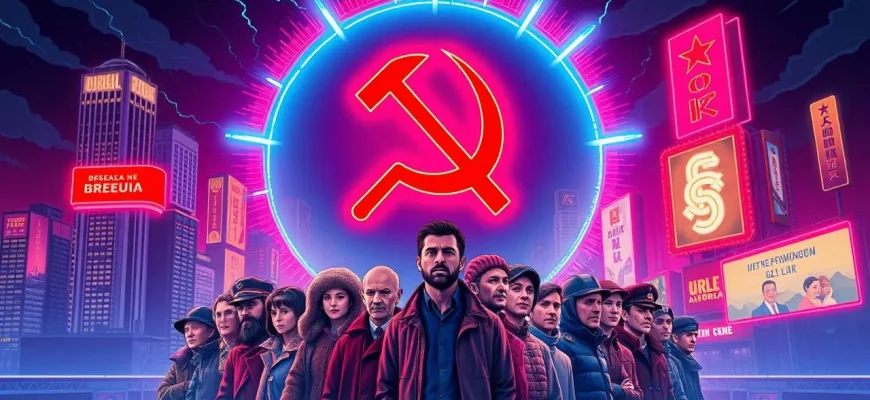Soviet cinema often explored the darker sides of human nature, including the pervasive issue of alcoholism. These films not only provide a window into the societal issues of the time but also offer a profound look at personal struggles, redemption, and the impact of addiction on individuals and their communities. This curated selection of ten Soviet films delves into the lives of alcoholics, showcasing the complexity of their existence and the cultural context of the era. Each film brings a unique perspective, making this collection valuable for those interested in both cinematic art and social commentary.

The Ascent (1977)
Description: This war drama features characters who drink to numb the pain of their dire circumstances, illustrating the use of alcohol in extreme conditions.
Fact: The film was directed by Larisa Shepitko, one of the few female directors in Soviet cinema.
 Watch Now
Watch Now
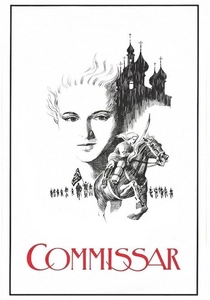
The Commissar (1967)
Description: This film, set during the Russian Civil War, includes scenes where characters drink to deal with the harsh realities of war and personal loss.
Fact: The film was banned for many years due to its critical portrayal of the Soviet military.
 Watch Now
Watch Now
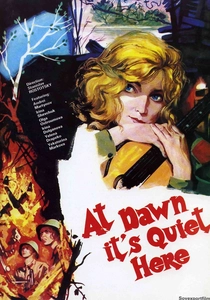
The Dawns Here Are Quiet (1972)
Description: This war drama includes scenes where soldiers drink to cope with the stress and fear of combat, providing a realistic portrayal of wartime coping mechanisms.
Fact: The film was based on a novel by Boris Vasilyev and was remade in
 Watch Now
Watch Now
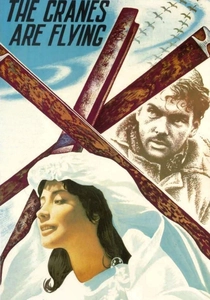
The Cranes Are Flying (1957)
Description: While focusing on love and war, the film includes scenes where characters drink to cope with loss and despair, reflecting the societal norm of the time.
Fact: It won the Palme d'Or at the Cannes Film Festival.
 30 Days Free
30 Days Free
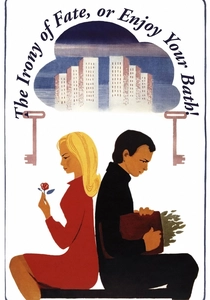
The Irony of Fate, or Enjoy Your Bath! (1975)
Description: This beloved New Year's Eve comedy features a protagonist who, after a night of heavy drinking, ends up in the wrong city and apartment, leading to a series of humorous and touching events. It's included for its portrayal of alcohol as a catalyst for life-changing events.
Fact: The film was shot in two versions, one for Soviet audiences and another for international release, with slight differences in the ending.
 30 Days Free
30 Days Free
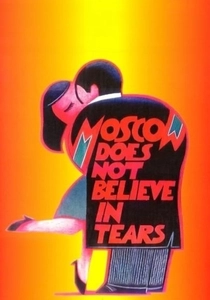
Moscow Does Not Believe in Tears (1980)
Description: While not exclusively about alcoholism, the film includes a subplot where one of the main characters, Lyudmila, deals with her husband's drinking problem, highlighting the impact on family life.
Fact: The film won the Academy Award for Best Foreign Language Film in
 30 Days Free
30 Days Free

The Garage (1979)
Description: This satire on Soviet bureaucracy includes scenes where characters drink heavily, showcasing the role alcohol played in social interactions and decision-making processes.
Fact: The film was banned for a time due to its satirical take on Soviet society.
 30 Days Free
30 Days Free

The Station Master (1972)
Description: This adaptation of Pushkin's story features a station master who drinks to cope with his loneliness and the harsh realities of his life, making it a poignant study of alcoholism.
Fact: The film was part of a series of adaptations of Pushkin's works.
 30 Days Free
30 Days Free

The House Under the Starry Sky (1991)
Description: A drama about a family dealing with the father's alcoholism, offering a realistic portrayal of the emotional and psychological toll it takes on family members.
Fact: The film was one of the last to be produced during the Soviet era, reflecting the changing times.
 30 Days Free
30 Days Free

The Ballad of the Soldier (1959)
Description: While primarily a war film, it includes scenes where soldiers drink to cope with the horrors of war, providing insight into the use of alcohol as an escape.
Fact: The film was critically acclaimed and won several international awards.
 30 Days Free
30 Days Free

